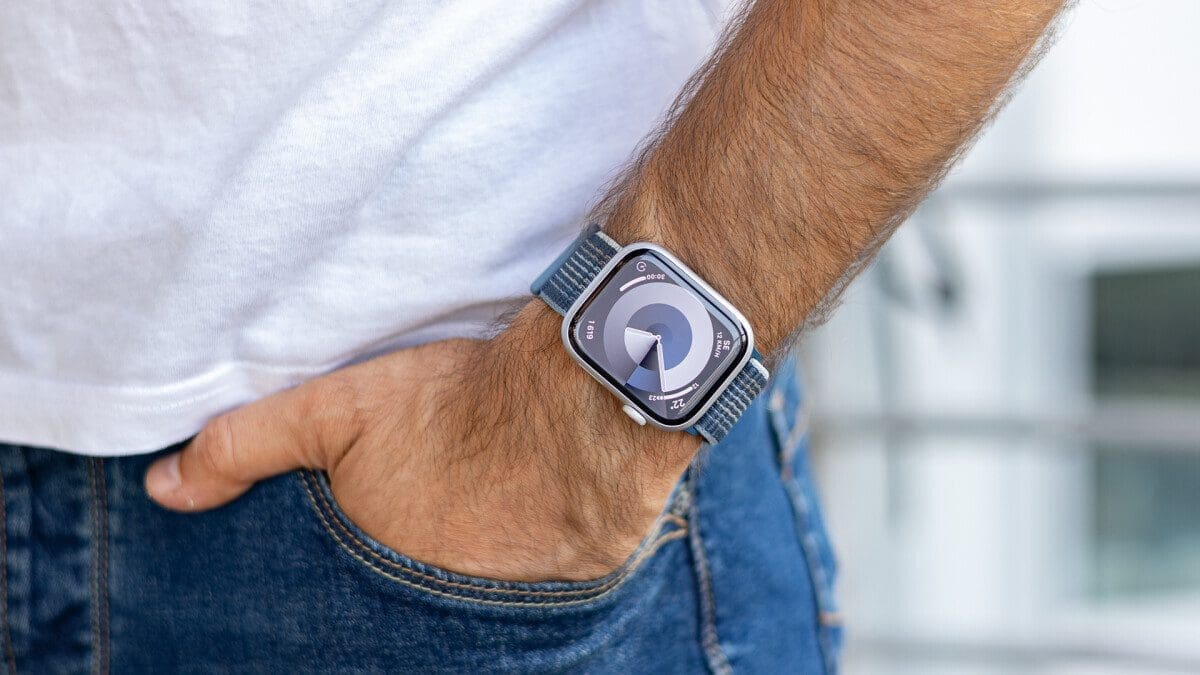Apple’s environmental claims have come under scrutiny once again, this time from the European Union regarding the carbon-neutral claims made for the latest Apple Watch models. According to reports from 9to5Mac, the EU has rejected Apple’s claim of carbon neutrality for the Apple Watch.
During Apple’s September event, the company unveiled the Series 9 and Ultra 2 Apple Watch options, both of which were presented as carbon-neutral. However, the European consumer organization BEUC is disputing this claim.
In its press release, Apple stated that customers could opt for a carbon-neutral Apple Watch. However, it is important to note that this claim is based on the use of offsetting credits. Apple claims to have reduced emissions from materials, electricity, and transportation, and any remaining emissions are supposedly offset with high-quality carbon credits. Yet, the amount of remaining emissions per watch is estimated to be between 7 and 12 kg.
The BEUC, which represents 45 independent consumer organizations from 31 EU countries, has rejected Apple’s carbon-neutral claim. Monique Goyens, the director-general of BEUC, has described the claim as scientifically inaccurate and misleading for consumers. Additionally, the EU has plans to ban carbon-neutral claims altogether.
Critics argue that Apple’s claim suggests to customers that they are purchasing a Watch with no impact on the climate, which is misleading. However, it is important to acknowledge that Apple has made significant strides in reducing Watch-based emissions by 81% compared to 2015.
The EU’s plans to ban carbon-neutral claims in general stem from the fact that nearly all companies making such claims rely on offsets. If approved, the ban is expected to come into effect in 2026.
Overall, Apple’s environmental claims for the latest Apple Watch models are facing criticism from the EU and the BEUC. As discussions continue, it remains to be seen how this controversy will unfold and how it may impact the future marketing of carbon-neutral products.









